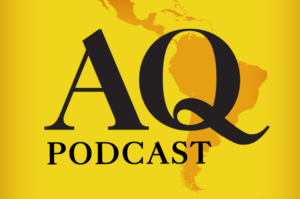This article is adapted from AQ’s special report on Uruguay
Uruguay has led Latin America in the development of a strong social safety net. While there is much discussion about affordability and the need for reform, the country’s welfare system has been a bedrock of its society. It is characterized by a strong universal primary education system, widespread health coverage, as well as a robust social security system.
This has provided stability and social justice. It has dramatically reduced poverty, provided opportunity for its citizens and has also supported political stability. Unlike in many other countries, its existence is not a lightning rod for the right or left. And interestingly, markets seem to evaluate the country the way they look at many social democratic governments in Europe or other parts of the world. This is quite unique: Leaders of Latin American countries responding to demands for strong social safety nets, more and better education and healthcare are often defined, although not exclusively, as left-leaning governments.
At the same time, the country has encouraged entrepreneurship and the creation of new companies, and has attracted business leaders and entrepreneurs from across the region to relocate to Uruguay. There are multiple reasons for this, among them the business environment and strong commitment to the rule of law. While waiting to meet the Minister of Industry, I was entertained by a loop video describing Uruguay’s first unicorn. This is a clear sign that there is no backlash for success—rather, Uruguay is proud of its entrepreneurs and unicorns.
So, what is the lesson? There are many, but one of the most important is that people want to feel secure. They want good education, healthcare and a pension that provides dignity. And when a population feels good, it is easier to believe in government and in the rule of law. And guess what? It also makes the political discussion much more civil and issue-based, an impressive role model for other countries to follow.









